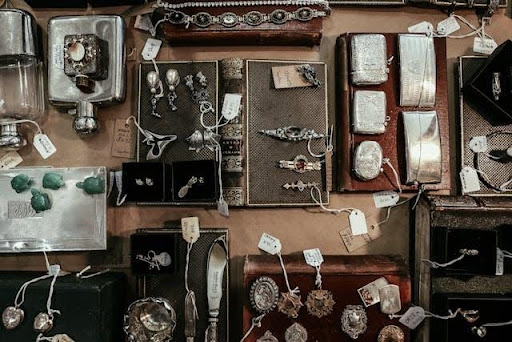Whether you have inherited some beautiful antiques or you have spent year collecting them, they can be incredibly valuable. As time passes, quality things tend to gain some value because they are no longer made like they used to or they have a story behind them.
Whether you are in need of some extra money, you are thinking about passing the treasures onto someone else, or you want to buy other antiques, you are thinking about selling them.
Whatever your reason, selling antiques can be a daunting task, especially if you haven’t done this before. To give you an idea, here are some common pitfalls that you should avoid during this process.
1. Ignoring Research
Before you put any of your antiques up for sale, you need to get on your laptop or phone and do some research.
You can start by looking into similar items to get an idea of their market value. After all, you don’t want to price your treasures too low and miss out on potential profit, nor do you want to overprice them and scare away potential buyers.
Take full advantage of online resources, antique shops, deceased estates clearance, and experts to gain insights into the value and demand for your items.
2. Neglecting Proper Documentation
Another big mistake people tend to make when selling antiques is not documenting their history and provenance of the items. If you are looking to attract buyers on the higher end, you need to understand that they are often interested in the story behind the piece, which means where it came from, who owned it, and any significant events or milestones associated with it.
You should also keep track of any certificates of authenticity, appraisals, or receipts you have, because they can add credibility and value to your antiques.
3. Underestimating Restoration Costs
Since they are antiques, they have probably suffered some level of wear and tear. That is why many people often try to restore it to its original glory.
However, the problem with refurbish or restore your antiques to make them more appealing to buyers is that it can be costly and may not always yield the results.
Consult with professionals before making any decisions about restoration, and consider whether it’s truly necessary or if selling the item as-is would be more beneficial.
4. Overlooking Proper Packaging and Shipping
When you have found the right buyer for your antiques, the last thing you want is for the antiques to reach them damaged or broken.
That is why proper packaging and shipping are important to make sure that your treasures reach their destination properly.
Invest in high-quality packing materials, such as bubble wrap, packing peanuts, and sturdy boxes, and consider hiring a professional shipping service with experience handling fragile items.
5. Disregarding Legal and Ethical Considerations
Finally, you need to be mindful of legal and ethical considerations when selling antiques.
Familiarize yourself with relevant laws and regulations regarding the sale of antiques in your area. This is especially important if you are dealing with items that are subject to restrictions or require special permits.
You also need to be transparent and honest in your dealings with buyers. If you are selling items that have any flaws or imperfections, you need to disclose them.



